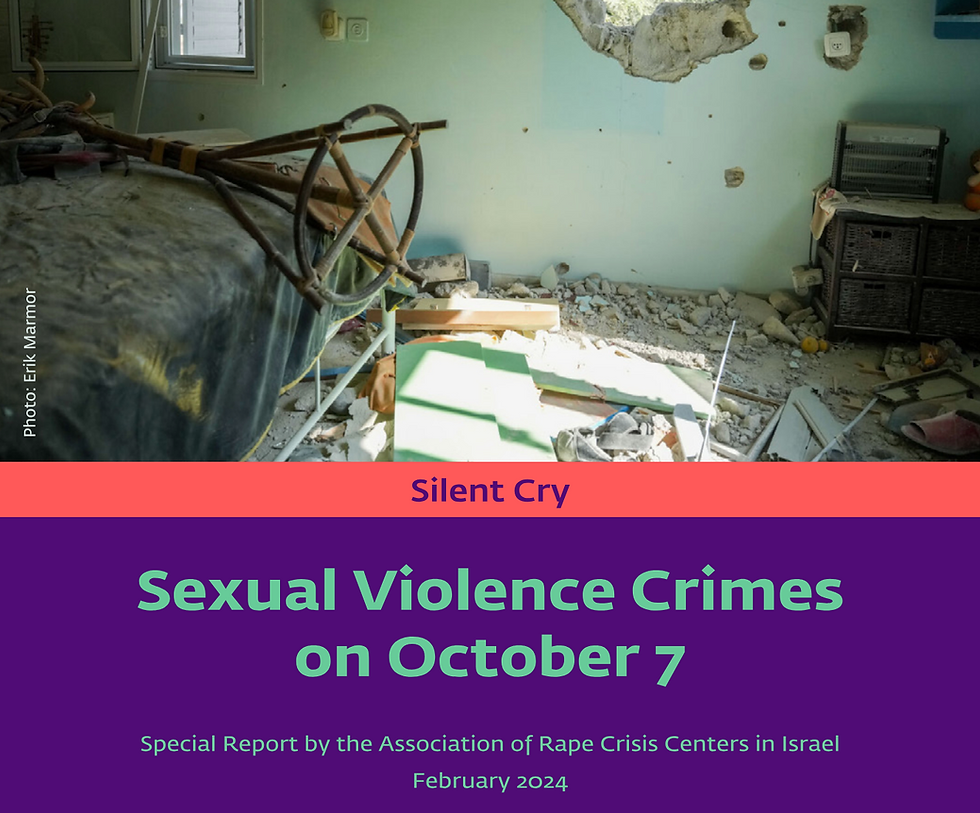Afghan Hazara Mosque Bombing Kills at Least Ten
- New York Times 1

- Apr 20, 2022
- 3 min read
Updated: Apr 22, 2022
The blast in Mazar-i-Sharif, one of Afghanistan’s economic hubs, was the latest in a series of attacks on Hazaras and was claimed by an ISIS affiliate.
The New York Times
April 21, 2022
By Yaqoob Akbary and Thomas Gibbons-Neff
The explosion at a Hazara Shiite mosque in northern Afghanistan killed at least 10 people and wounded over two dozen others. The attack was claimed by an Islamic State affiliate. Credit...Agence France-Presse — Getty Images
KABUL, Afghanistan — An explosion at a Shiite mosque in northern Afghanistan on Thursday killed at least 10 people and wounded more than two dozen others, local officials said, adding to the toll of a bloody week for the country’s Hazaras.
The attack, during afternoon prayers at the Seh Dokan mosque in the center of Mazar-i-Sharif, one of the country’s economic hubs with a bustling downtown of alleyway shops, came just two days after several explosions ripped through a predominantly Hazara Shiite neighborhood in Kabul, the capital.
While the details of the attack at the mosque were murky, and there were fears that the death toll would climb higher, unverified videos shot inside the building showed an amount of carnage that has become all too familiar in Afghanistan over four decades of conflict.
“Up to now we have 12 dead and 35 injured. Eight of them are in bad condition,” said Dr. Gaousuddin Anwari, the director of Abu Ali Sina-e-Balkhi Hospital in Mazar-i-Sharif. Abdul Nafi Takor, a spokesman for the Interior Ministry, offered a different assessment, saying that 10 people had been killed.
A Taliban official in the province said it was unclear what caused the explosion, but the Islamic State’s affiliate in Afghanistan, known as Islamic State Khorasan, claimed responsibility for the blast, according to SITE Intelligence Group, which tracks extremist organizations.
“I was in my pharmacy when I heard the sound of an explosion,” said Nazir Samim, a resident of Mazar-i-Sharif. “I went to the mosque to help the wounded, but the Taliban did not allow me to enter.”
Around the time of the mosque blast, an explosion targeting a minibus in Kunduz city, the capital of the province of the same name and about 100 miles to the east, killed at least four people and wounded 18, said Obaidlah Abedi, a spokesman for the Kunduz police. The Islamic State claimed responsibility for that attack too, according to SITE.
On Tuesday, several explosions outside an education center and a public high school in the western Kabul predominantly Hazara neighborhood of Dasht-e-Barchi killed at least six people and wounded at least a dozen more.
The area, home to a large Hazara community, an ethnic minority that is predominantly Shiite, was frequently targeted by both the Taliban and the Islamic State over the last 20 years, when the country’s Western-backed government was in power.
Since the Taliban took control of the country in August, the hard-line Sunni religious group has pledged to provide security to Afghans of all religious groups and ethnicities — even though it targeted Hazaras during the past two decades and killed thousands of Hazaras during its first tenure in the 1990s.
Despite that pledge, Shiites, especially Hazaras, have come under frequent attack, primarily from the Islamic State’s affiliate in the country, over the past eight months.
Last year, Islamic State bombings of Hazara Shiite mosques in Kandahar and Kunduz killed and wounded dozens. In the Dasht-e-Barchi area of Kabul, a series of unclaimed car bombings have regularly killed Hazaras, though in relatively small numbers.
On Monday, the Islamic State claimed it had carried out a rocket attack from Haritan, a border town roughly 50 miles north of Mazar-i-Sharif, on a military base in Uzbekistan, but the Uzbek government denied any such attack took place.
The extremist group has slowly gathered strength in recent months, despite the Taliban’s attempts to stamp out its fighters in the country’s east.
Yaqoob Akbary reported from Kabul, and Thomas Gibbons-Neff from Kharkiv, Ukraine. Najim Rahim contributed reporting from New York.
Thomas Gibbons-Neff is the Kabul bureau chief and a former Marine infantryman. @tmgneff
Copyright 2022 The New York Times Company







